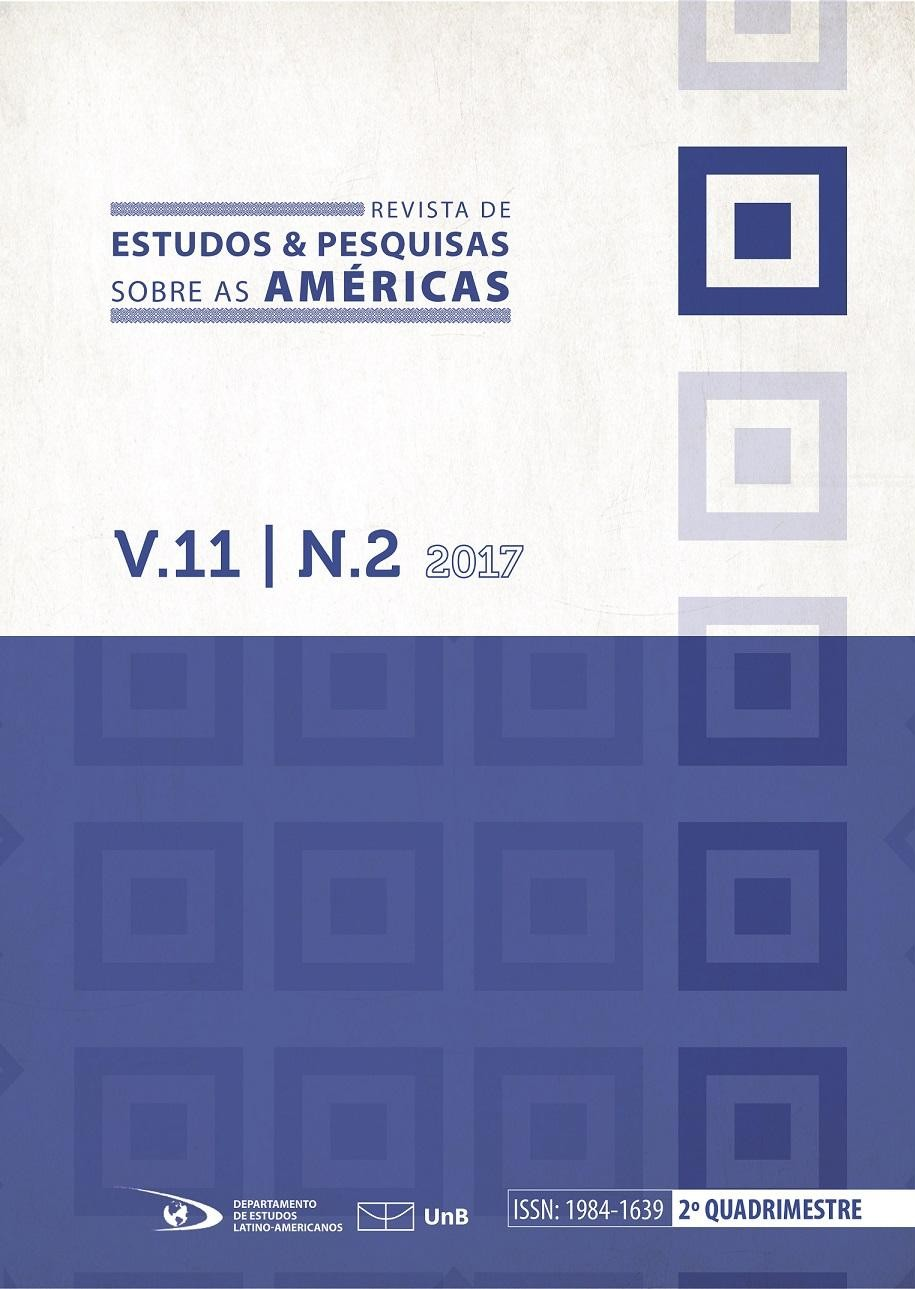Tambos de Filosofía Indígenas: la perspectiva de la nosotridad
Keywords:
Filosofía Latinoamericana, Estudios CulturalesAbstract
La existencia de una filosofía al interior de las culturas ancestrales en América Latina ha sido una cuestión hasta hoy debatida, desde que se planteó la interrogante sobre el filosofar de estos pueblos originarios. La colonización epistemológica de la cultura occidental ha llevado a invisibilizar y/o negar la existencia de otros saberes y formas de vivir la vida de diferentes comunidades indígenas. La filosofía como ejercicio racional para responder a los grandes interrogantes de la vida, no es sólo una, no tiene patria, ni época, sino que son múltiples, multiculturales, y algunas de ellas comunales. Entre los indígenas hay una cosmovivencia y un pensamiento nosótrico que puede mejorar la calidad de vida en todos los ámbitos de la misma, que en esencia son relacionales. Dos tópicos darán la pauta en este trabajo: primero el de las cosmovisiones y filosofías amerindias y en segundo lugar el de la nosotridad entre los incas y mayas-tojolabales.
Palabras clave: filosofía indígena, nosotridad, cosmovisión, América Latina.
Tambos das filosofias indígena: a perspectiva da nosotridad
Resumo
A existência de uma filosofia dentro das culturas ancestrais da América Latina tem sido uma questão amplamente discutida até os últimos dias, desde que a questão sobre o filosofar dessas populações aumentou. A colonização epistemológica da cultura ocidental levou à negação da existência de outros meios de conhecimento e formas diferentes de viver a vida nas comunidades indígenas. Filosofia como exercício racional para responder a grandes questões na vida, não é apenas uma, não tem pátria ou tempo, mas são múltiplas, multiculturais e algumas delas são comunais. Entre a população indígena há uma experiência da cosmo -cosmovivencia- e um pensamento nosotrico que podem melhorar a qualidade de vida em todos os aspectos, que em essência são relacionais.. Dois tópicos principais são o ponto de partida deste trabalho: o primeiro é sobre filosofias indígenas e cosmo-visões e o segundo falará respeito a nosotridad dentro das comunidades Incas e Maias-tojolabales.
Palavras-chave: filosofia indígena, nosotridad, visão de mundo, América Latina.
Tambos of indigenous philosopies: the perspective of the nosotridad
Abstract
The existence of a philosophy within the ancestral cultures of Latin America has been a widely debated matter until the recent days, ever since the question about the philosophizing of these populations rose. The epistemological colonization of the western culture has led to the denial the existence of other means of knowledge and different ways to live life of several indigenous communities. Philosophy as rational exercise for answering big questions in life, is not just one, it does not have a homeland, or time, but they are multiple, multicultural, and some of them are communal. Among indigenous population there is a Cosmo-experience (the way towns adapt the plural visions of the world to their daily living experience) and a “pensamiento nosotrico” (a Spanish term related to those elements that can identify a specific population) that can improve life quality in every single aspect of it, that in essence are relational. Two main topics are the starting point of this work. The first is about American ”“ indigenous philosophies and Cosmo-visions and the second will talk about the “nosotridad” between Incas and Mayas-tojolabales.
Key words: indigenous philosophy, nosotridad, world-view, Latin America.
Downloads
Downloads
Published
How to Cite
Issue
Section
License
The published material is the property of the Journal, and may be reproduced in whole or in part with indication of the source.
Copyright: Authors will be responsible for obtaining the copyright of the material used. Authors who publish in this journal agree to the following terms:
a)Authors retain the copyright and grant the journal the right of first publication, with the work simultaneously licensed under
the Creative Commons Attribution License which allows the sharing of work with acknowledgment of authorship and initial publication in this journal.
b) Authors are authorized to take additional contracts separately, for non-exclusive distribution of the version of the work published in this journal (eg, publish in institutional repository or as a book chapter), with acknowledgment of authorship and initial publication in this journal.
c) Authors are allowed and encouraged to publish and distribute their work online (eg in institutional repositories or on their personal page) at any point before or during the editorial process, as this can generate productive changes as well as increase the impact and the citation of the published work (See The Effect of Free Access).
















